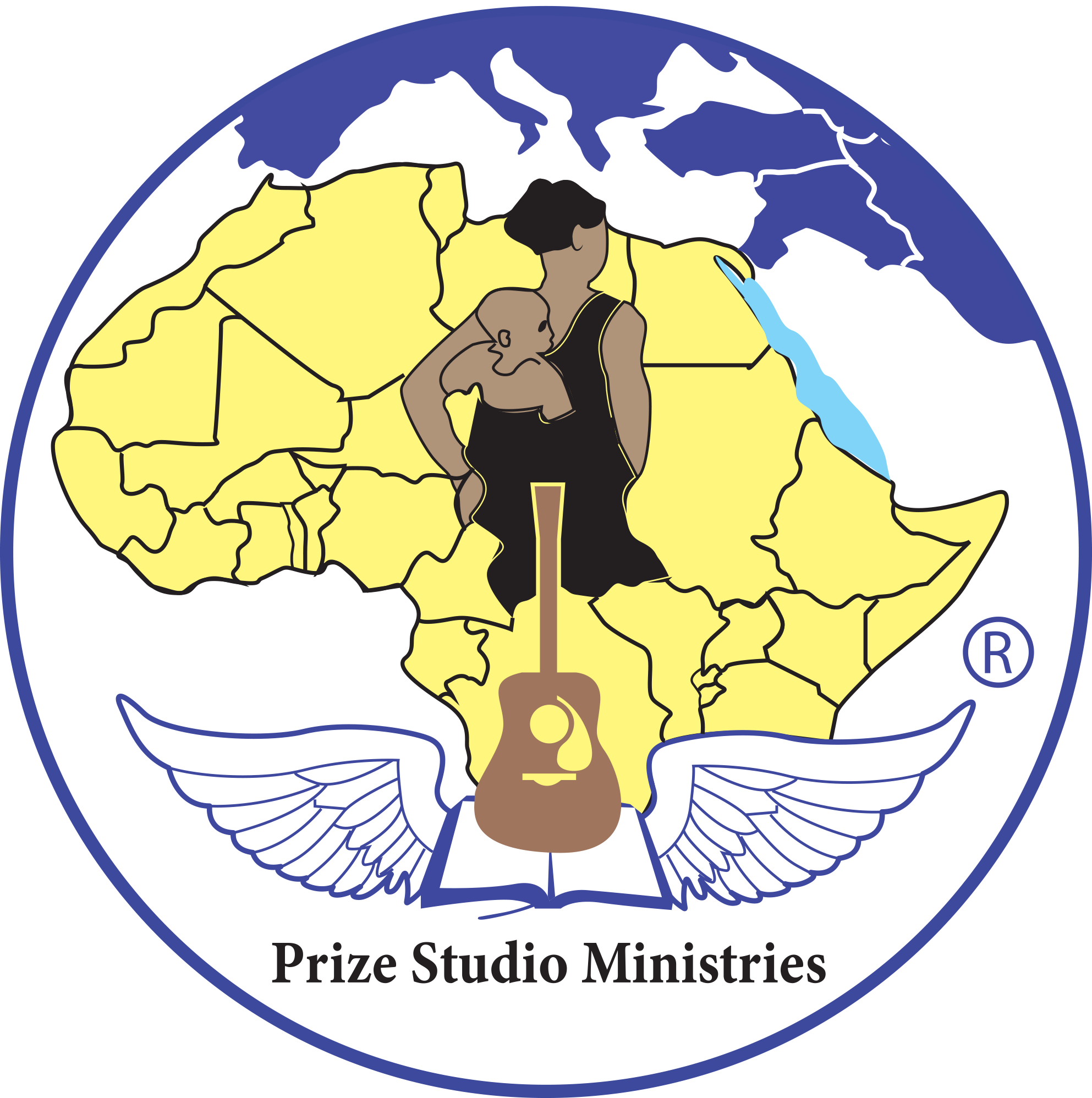Lwengo district is located in the central region of Uganda.
It is found in the cattle corridor of the country and as such experiences prolonged droughts, which make it difficult for the communities to access water as the available natural water sources dry up during the dry periods. Secondly, the communities trek long distances to reach the water sources during the dry seasons. This is so because the available spring water sources are very few and therefore not enough for everyone or household to access easily. Additionally, during the dry seasons, most of the available natural water points contain water that is not good for human consumption as it is shared with the animals being reared by some people among the district’s population. The project will be an undertaking of constructing water supply points from which communities in that district will be accessing clean water for their
various uses. It will institute 10 boreholes and 10 piped water wells in objectively identified sites from where the beneficiary communities will be accessing the water.
The project requires an estimated USD 36,128.8 for its implementation of which USD 25,590 will be allocated to constructing piped water wells; USD 7,338.8 for boreholes construction, and USD 3,200 for administrative costs.
Many communities have so far benefited from this program;
Kityabule, Magalimba, Buziranjovu to mention but a few.
Over 6000 People can now access clean water hence
Improving health (reducing water-related health problems) as a result of consuming clean water
Increasing productive hours due to reduced wastage of time trekking long distances in such water
Improving the ability of the population to maintain a high level of hygiene since water will no longer be a problem
Reducing tendencies of people sharing water with animals (hence reduced risk of health problems that usually result in such issues)
